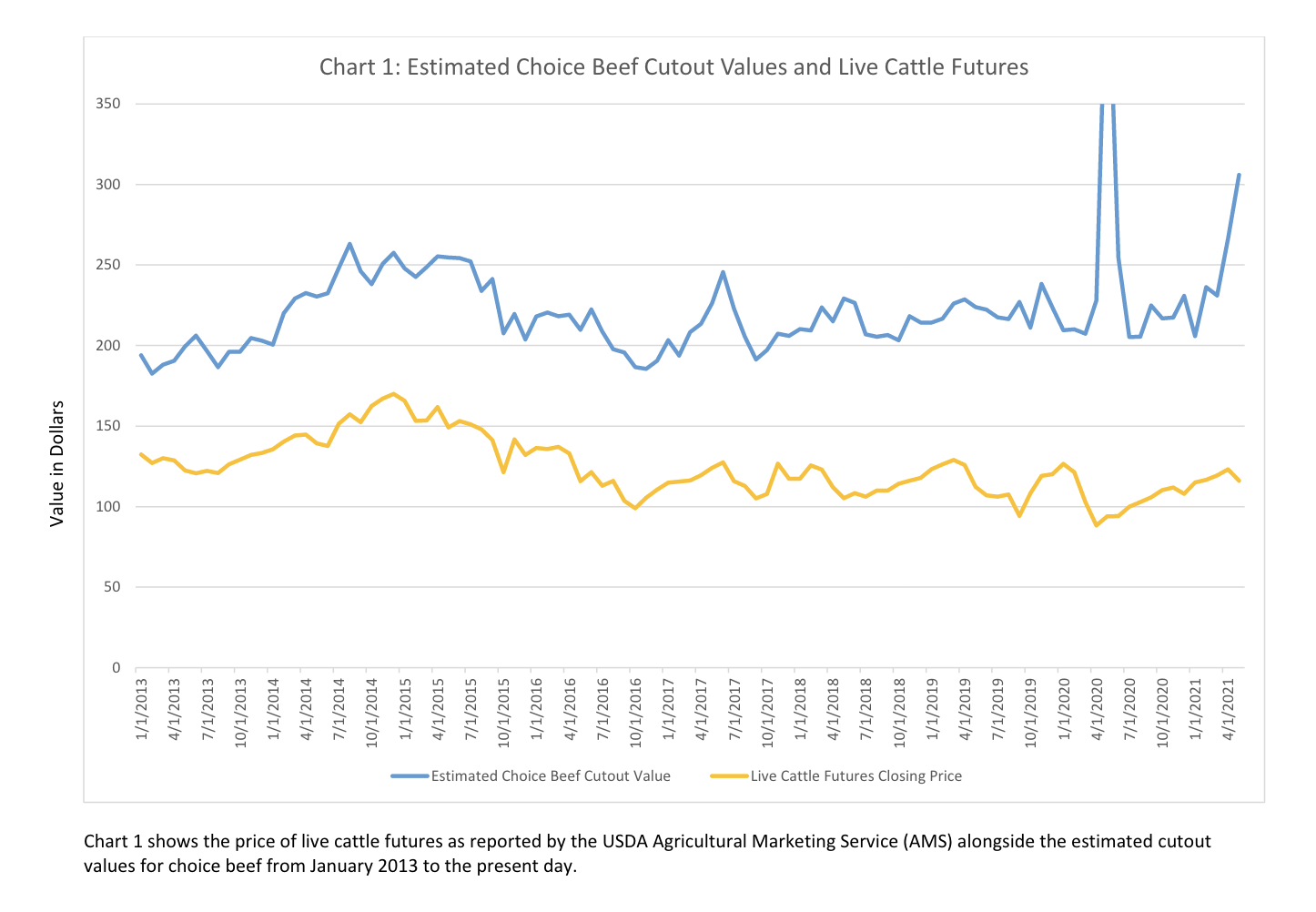Economic Liberties Commends Bipartisan Demand For Antitrust Crackdown On Meatpacker Monopolies
Washington, D.C. — The American Economic Liberties Project on Thursday applauded a new bipartisan congressional demand for a Department of Justice investigation into abusive market practices by beefpacking monopolies.
“This bipartisan group of lawmakers are 100 percent right: America’s farmers deserve answers on how multinational meat monopolies have been allowed to cheat them so dramatically, for so long, and during one of the most difficult economic periods in modern history,” American Economic Liberties Project Senior Adviser J.D. Scholten said. “After decades of neglect, Washington must bring the full force of legislative and executive antitrust power to bear on this latest outrageous exploitation of workers, ranchers, and consumers. A hundred years ago, five packers captured 45 percent of the market — and we broke them up. Today, four monopolies control 85 percent of beefpacking. It’s time we broke them up, too.”
The group of 28 lawmakers in a letter this week demanded that Attorney General Merrick Garland, President Joe Biden, and Agriculture Secretary Tom Vilsack begin looking into breaking up the beefpacking monopolies. The demand follows unprecedented and dramatic evidence of price-fixing in the USDA’s own data. The monopolies have spiked prices for retail beef with no rise at all in the prices they pay to ranchers — let alone a rise commensurate with the 50 percent surge in boxed-beef prices since January.
For more on industrial agriculture concentration, see our one-pager here. The letter, which can be read here, concludes with a striking chart illustrating the monopolists’ recent market abuses:

###